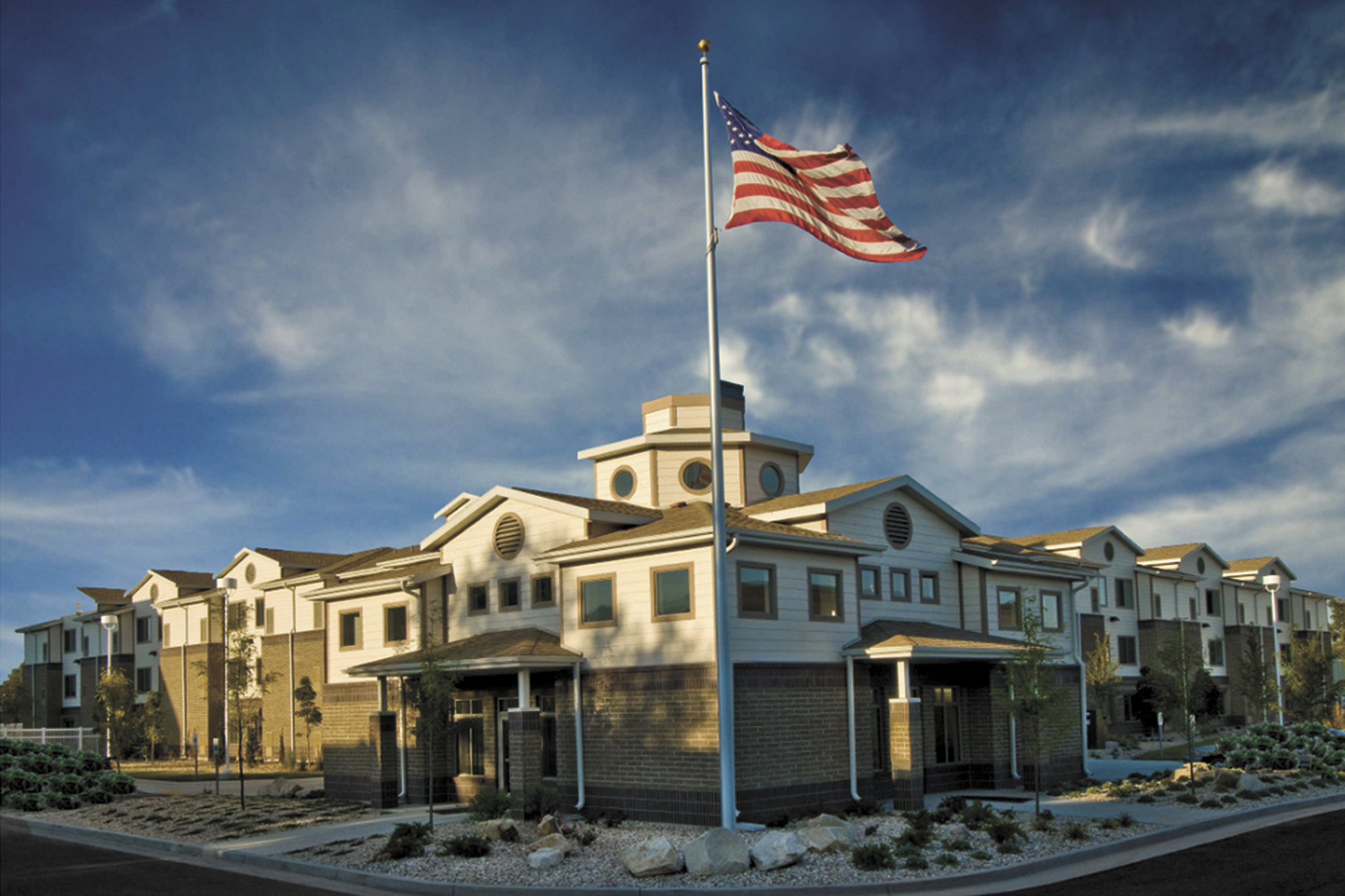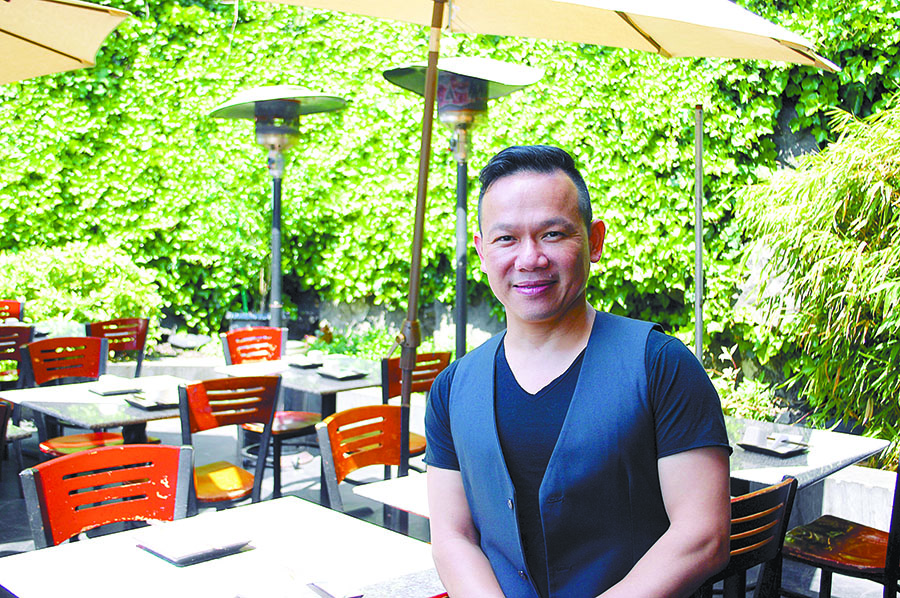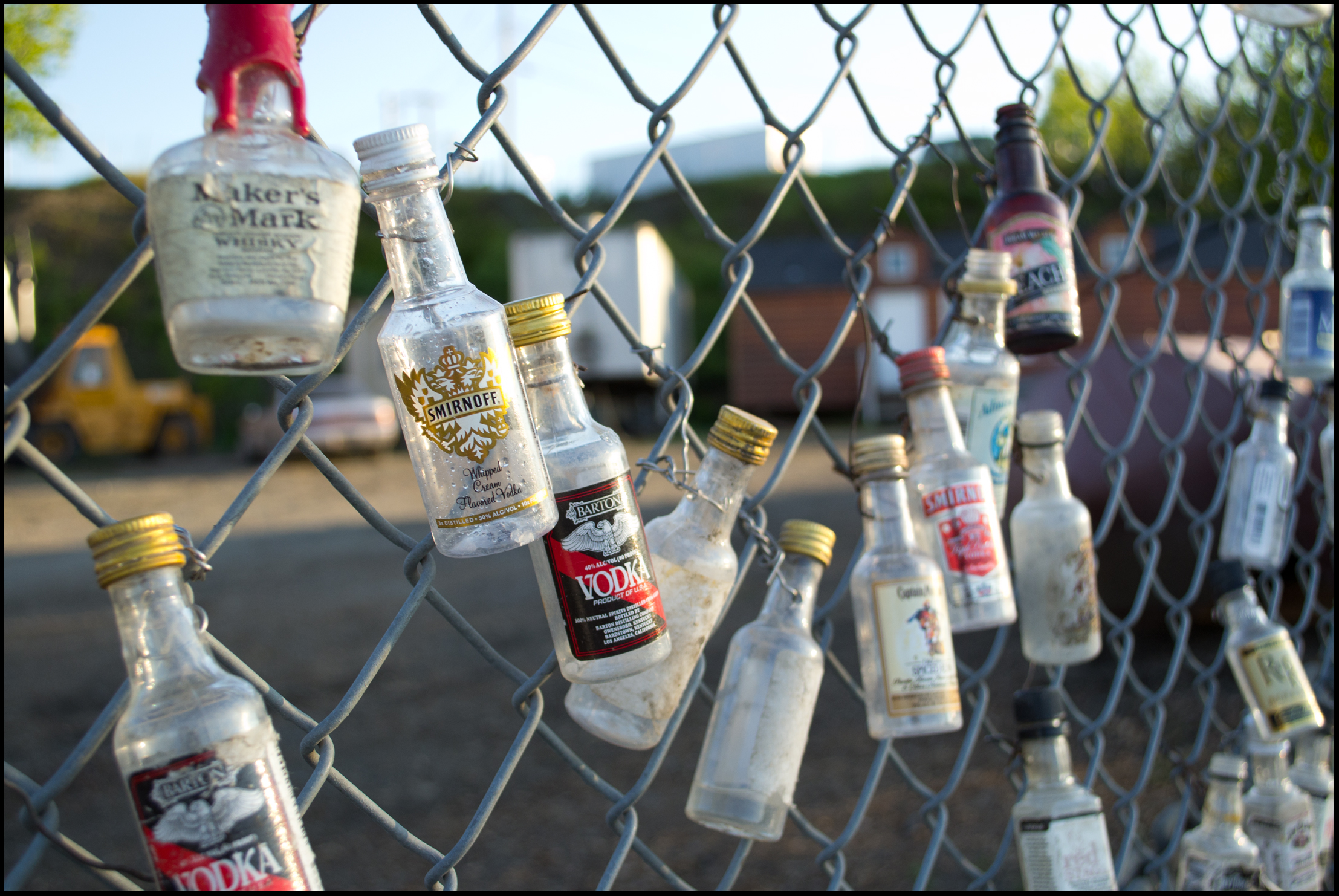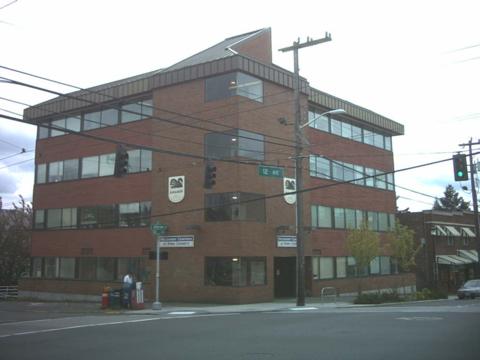Washington state cannot force pharmacies to sell Plan B or other emergency contraceptives, a federal judge ruled Wednesday, saying such a requirement infringes on religious freedom and is unconstitutional. What does this mean?It means an immediate injunction is now in place so that pharmacies can’t be forced to sell any kind of drugs that individual pharmacists or pharmacies believe run afoul of their religious beliefs.Retired pharmacist CJ Kahler has been fighting the state prescription rules for years.”I’m responsible for me. Washington state isn’t responsible for me. I’m responsible for me and I should be able to stand on my conscience,” Kahler told reporters, reports KING 5 News. “People in the United States have fought for freedom of conscience for many years. And now pharmacists and pharmacies are doing the same.”Attorney Lisa Stone expressed astonishment that reproductive rights remains an issue in 2012. “Patients have a right to health care, and no individual can impose his beliefs or her beliefs on that patient,” she said.U.S. District Judge Ronald Leighton heard closing arguments earlier this month in a lawsuit that claimed state rules violate the constitutional rights of pharmacists by requiring them to dispense such medicine. Ralph’s Thriftway in Olympia and two licensed Washington pharmacists sued in 2007, saying that dispensing Plan B would infringe on their religious beliefs because it can prevent the implantation of a fertilized egg.But the state argued that the requirements are legal because they apply neutrally to medicines and pharmacies, and that they promote a government interest — the timely delivery of medicine, including Plan B, which becomes less effective as time passes.But Leighton, according to The Associated Press, said today that the state allows many different kinds of business exemptions to that rule. Pharmacies can refuse to stock a drug, such as certain painkillers, if it’s likely to increase the risk of theft, or if it requires an inordinate amount of paperwork, or if the drug is temporarily unavailable from suppliers, among other reasons.If the state allows exemptions for non-religious reasons, he said, it must also allow them for religious or moral ones, Leighton said.The issue has been a vexing one for years, ever since the state enacted rules requiring all non-hospital pharmacies to stock and sell (with a few exceptions) all drugs. That included so-called “morning after” contraceptives.Judge Leighton blocked the state’s dispensing rule in 2007, arguing that it would violate the plaintiffs’ freedom of religion. But a 9th U.S. Circuit Court of Appeals panel overruled him, saying that he applied the wrong legal standard and that the rule appeared constitutional because it was neutral and did not directly target religious views.The appellate court sent the case back to Leighton. At the early February hearing, Leighton said the contraceptive issue is more important than many other freedom-of-religion cases, such as those concerning religious dress or other ceremonial matters.Plan B had been at the center of the state’s decision in 2007 to adopt the Washington Board of Pharmacy’s dispensary requirements. The drug, which has a high dose of medicine found in birth-control pills, is effective in preventing pregnancy if a woman takes it within 72 hours of unprotected sex.Both sides expect the ruling to be appealed, and that it could end up going to the U.S. Supreme Court.Follow The Daily Weekly on Facebook and Twitter.
More Stories From This Author
Adam Smith and Kim Schrier will retain Congress seats | Election 2024
Smith represents the 9th Congressional District and Schrier represents the 8th Congressional District.
November 5, 2024 9:40 pm
Boeing Machinists approve contract, ending 52-day strike
After voting no twice, 59% of union members approved the latest contract.
By
Michael Henneke • November 5, 2024 8:40 am
Charges filed against teens in King County crime spree
Suspects linked to 78 robberies, shootings and carjackings in Sept. and Oct.
By
Benjamin Leung • October 21, 2024 6:00 pm







